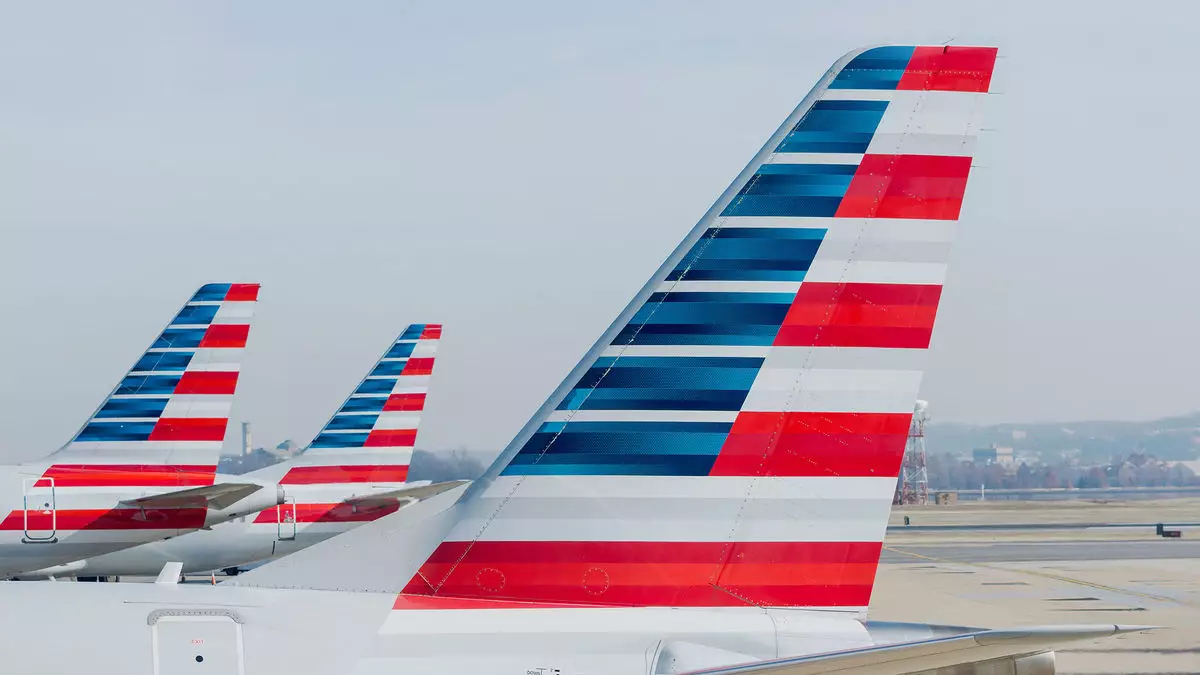The recent decision by a federal appeals court to uphold the dismantling of the Northeast Alliance between American Airlines and JetBlue marks a significant moment in U.S. antitrust law and its application to the airline industry. This ruling reflects an evolving landscape in which regulators are increasingly scrutinizing partnerships that blur the lines between competition and collaboration. The fall of the Northeast Alliance, particularly in key markets such as Boston and New York, raises critical questions about the nature of airline partnerships and their implications for consumer choice and market dynamics.
Established to enhance operational synergy, the Northeast Alliance allowed American Airlines and JetBlue to coordinate their flight schedules and share revenues at major urban airports including Boston Logan, Newark, LaGuardia, and JFK. Unlike typical domestic collaborations, which generally center on limited code-sharing agreements, the Northeast Alliance exhibited characteristics more akin to international joint ventures. This raises an essential point: the distinction between legitimate competitive practices and collusive behavior becomes blurred when two significant industry players decide to rally resources and strategic directions.
The core issue here is that, while collaborations can potentially offer consumers more flight options and competitive prices, the extent of the Northeast Alliance’s integration crossed into territory that regulators deemed potentially harmful to market competition. In the case of American and JetBlue, the shared revenue model fostered concerns that it could stifle genuine competition, particularly against dominant players like Delta and United, thus provoking serious legal challenges.
The trial court’s ruling, delivered by Judge Leo Sorokin, sided with the Justice Department and various state litigants who argued that the alliance stifled competition. The primary takeaway from this ruling is the court’s determination that pairing up competitors in a concentrated market creates an unhealthy environment for consumer choice. In its appellate decision, the U.S. First Circuit Court reinforced this conclusion, supporting Sorokin by declaring that American Airlines failed to provide adequate justification for the alliance’s positive impact on competition.
The rigorous analysis undertaken by the court highlights a critical component of antitrust law: the rule of reason. This framework allows for a more nuanced evaluation of business practices, weighing the pro-competitive benefits against anti-competitive risks. In this case, the court’s findings underscored that the downsides of the alliance overshadowed any purported boosts in competition. It emphasized a pivotal assertion: when powerful competitors align in ways that share revenues and markets, the potential for consumer harm significantly increases.
The American Airlines and JetBlue ruling is not just a victory for regulatory bodies; it has broader implications for consumers across the airline industry. U.S. Attorney General Merrick Garland characterized the decision as a triumph for those who depend on robust market competition for affordable travel options. In essence, the outcome serves as a reminder that accountability in the airline industry is essential for safeguarding consumer interests.
Moreover, the legal landscape surrounding airline alliances remains precarious. As American Airlines contemplates its options following the court’s decision, one must consider how this case could influence future partnerships and mergers in the sector. The ruling sends a clear message that the U.S. will rigorously enforce antitrust laws in the face of collaborations that threaten market integrity.
In navigating the complexities of airline alliances and their implications for consumers, the Northeast Alliance legal saga stands as a significant case study in modern antitrust enforcement. The balance between cooperative business strategies and maintaining a competitive marketplace is delicate and increasingly crucial. As airlines explore new partnerships, the ruling serves as a reminder that fair competition not only fosters innovation but also ensures consumers retain access to dependable and affordable travel options. In an industry characterized by high barriers to entry and concentrated power among a few players, upholding antitrust principles is vital for the ongoing health of the marketplace and the satisfaction of American consumers.


Leave a Reply